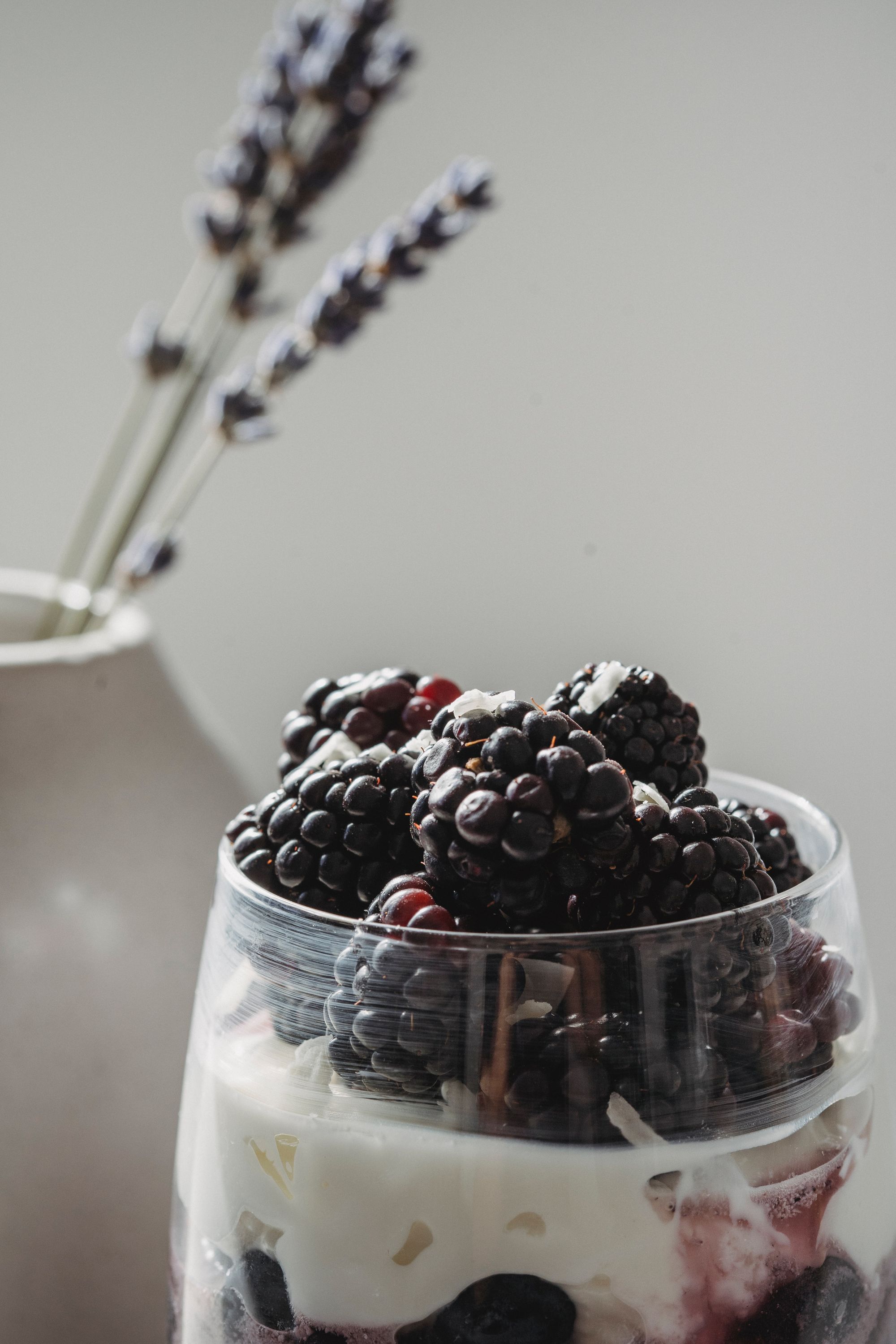What Are Prebiotics & Probiotics? Should You Supplement With Them?
What do you do you know about probiotics? These tiny bacteria effect almost every part of your body, and they need prebiotics to survive.
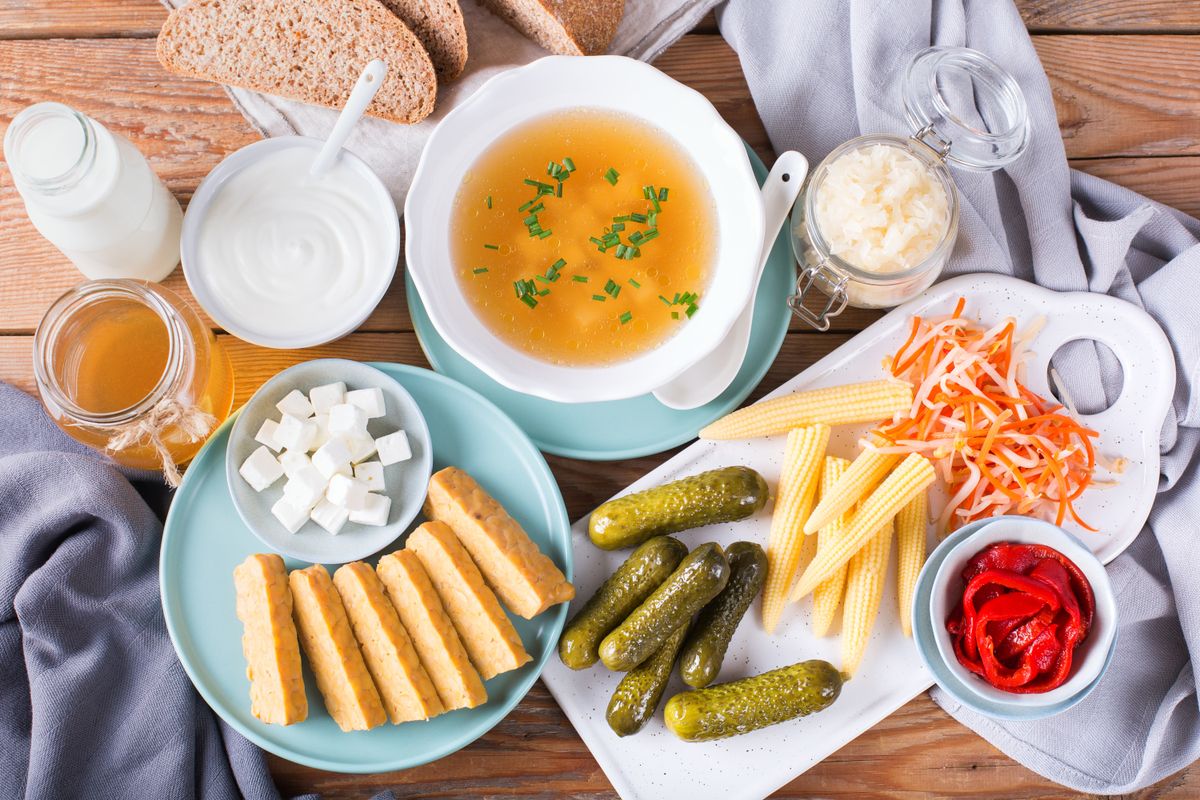
Probiotics! You've heard of them before. But where? Like most people, probably from your doctor, recommending you supplement with a probiotic after being treated with an anti-biotic.
If this has ever been the case for you, then it's probably got you thinking... why? Why take them and what are they doing for me really? Let us help to answer some of those important questions.
HEALTHY GUIDE
Find Your Answers Here
What Are Probiotics?
Probiotics are live bacteria that live in our gut and skin. The microbiome of our gut contains billions of microbes (microorganisms) which make up our gut flora (good and bad bacteria).
Credit: CDHFtube
These tiny organisms are responsible for a lot of the daily activity that goes on inside our bodies, like balancing our pH levels (especially in our skin and in women's vaginas), assisting with digestion, and balancing hormones, just to name a few.
Researchers have found that people with healthy gut bacteria tend to be healthier overall. They have improved bowel movements (digestion), absorption of nutrients, and as mentioned, regulation of hormone levels. This suggests that the health of your gut has a direct impact on the overall health of your body and your skin.
What are Prebiotics?
It's important to know that probiotics need food to survive and function in your system. Probiotic food comes in the form of Prebiotics and fiber. One of the easiest ways to get prebiotics naturally, is through healthy food choices. Some of the best foods that provide good prebiotics are: Garlic, Bananas, Apples, Oats, Barley, Onions, Leeks, Asparagus, Cocoa, Flaxseed, and Sea weed.
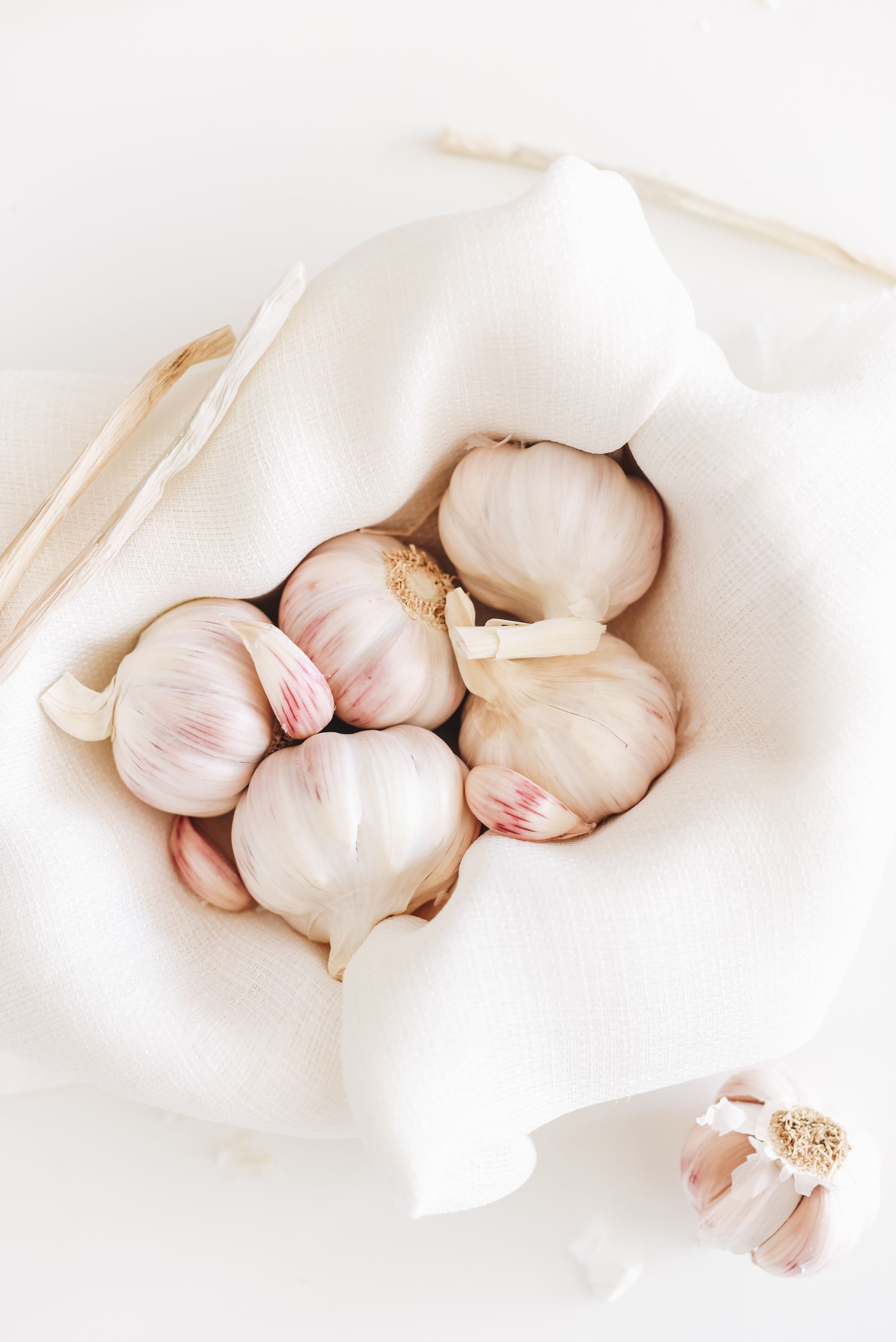
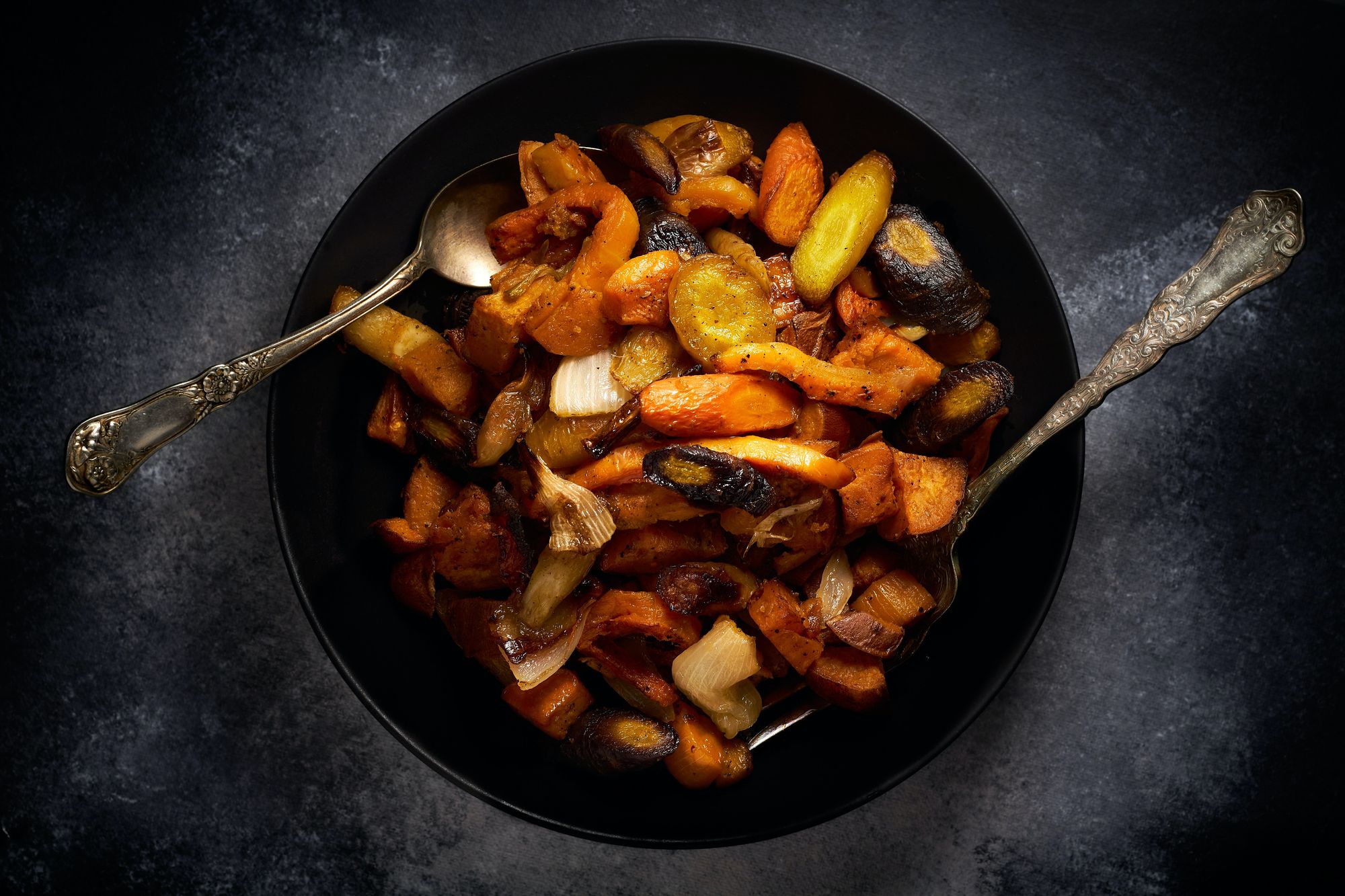

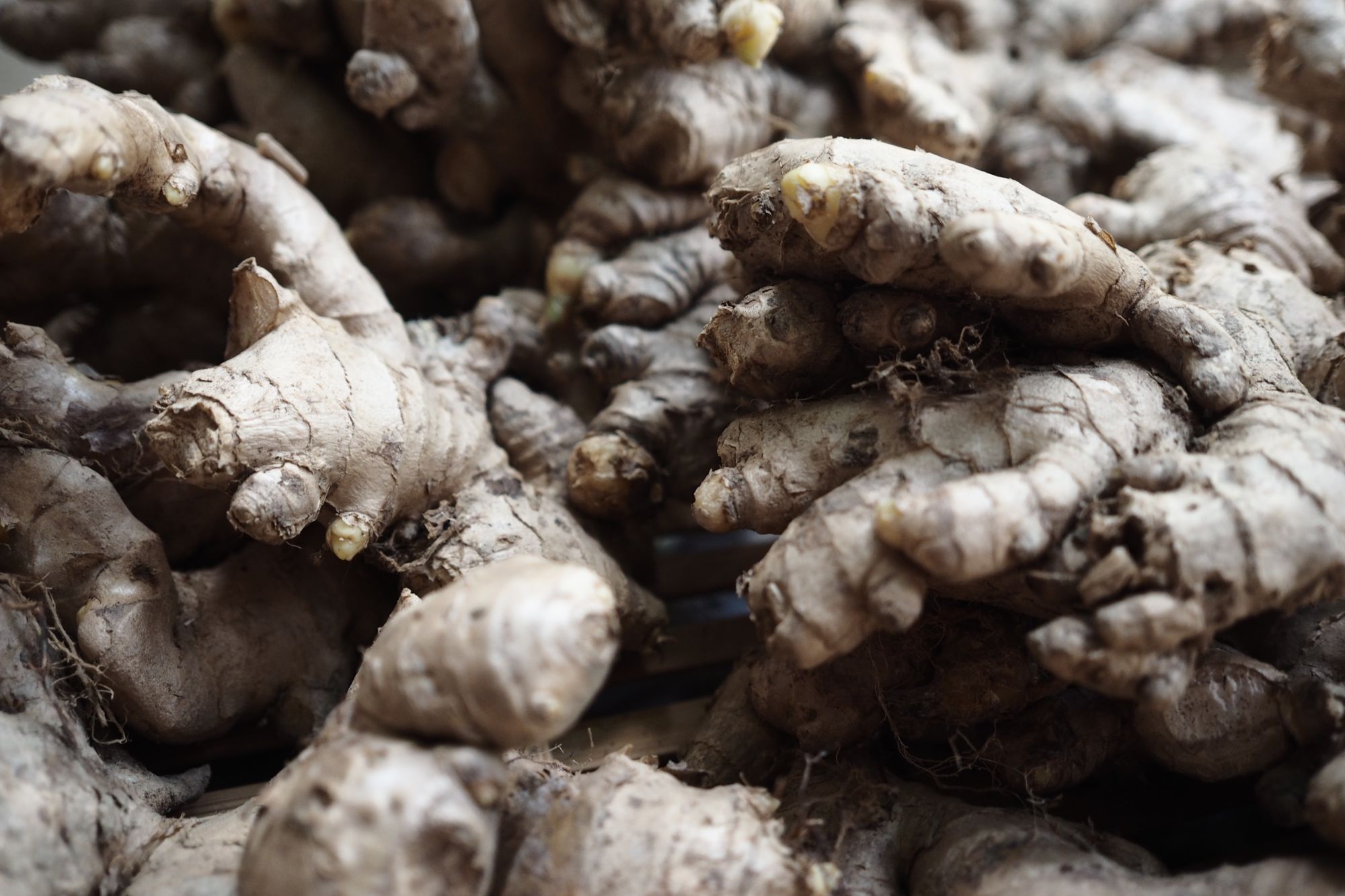
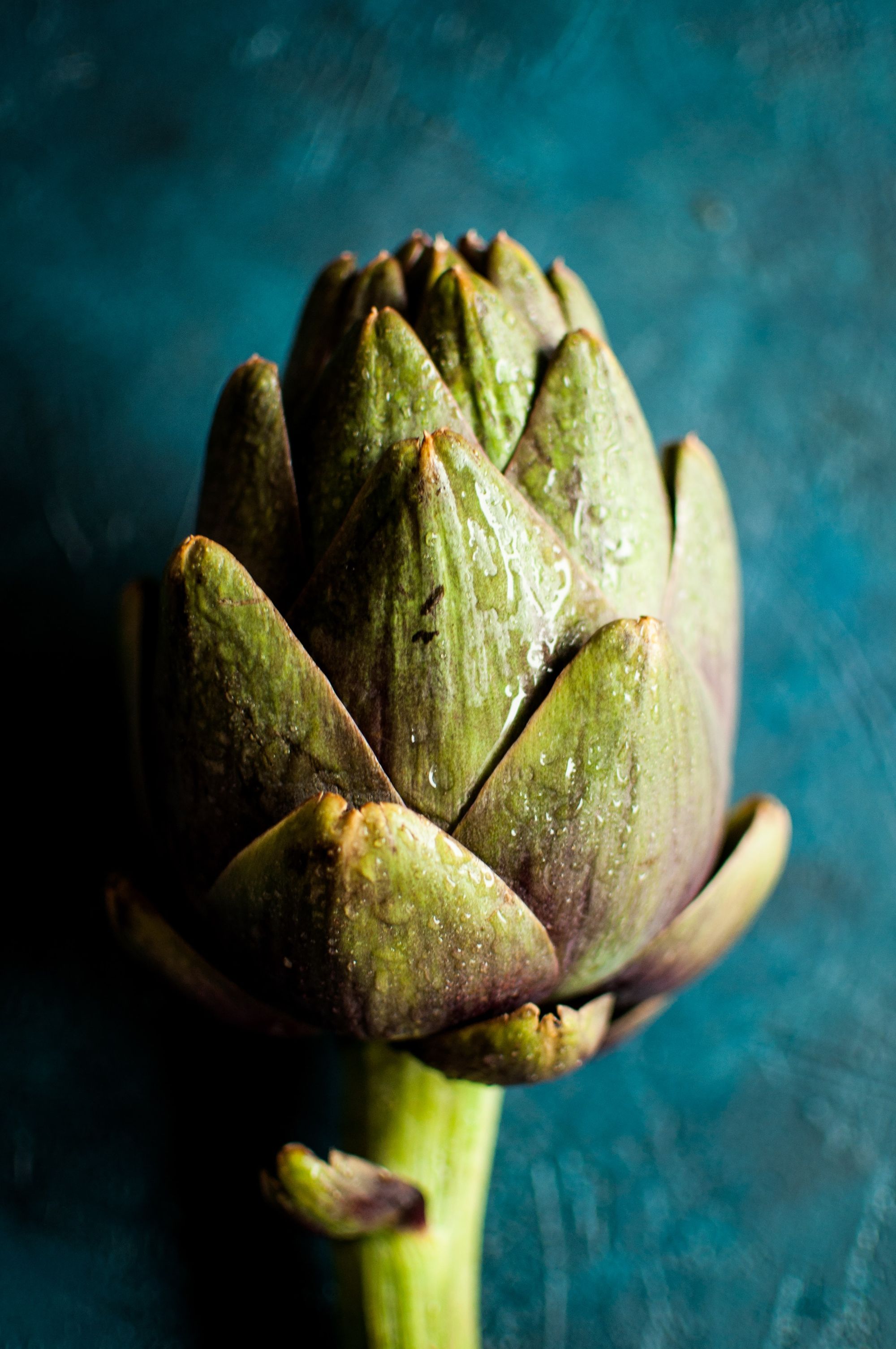
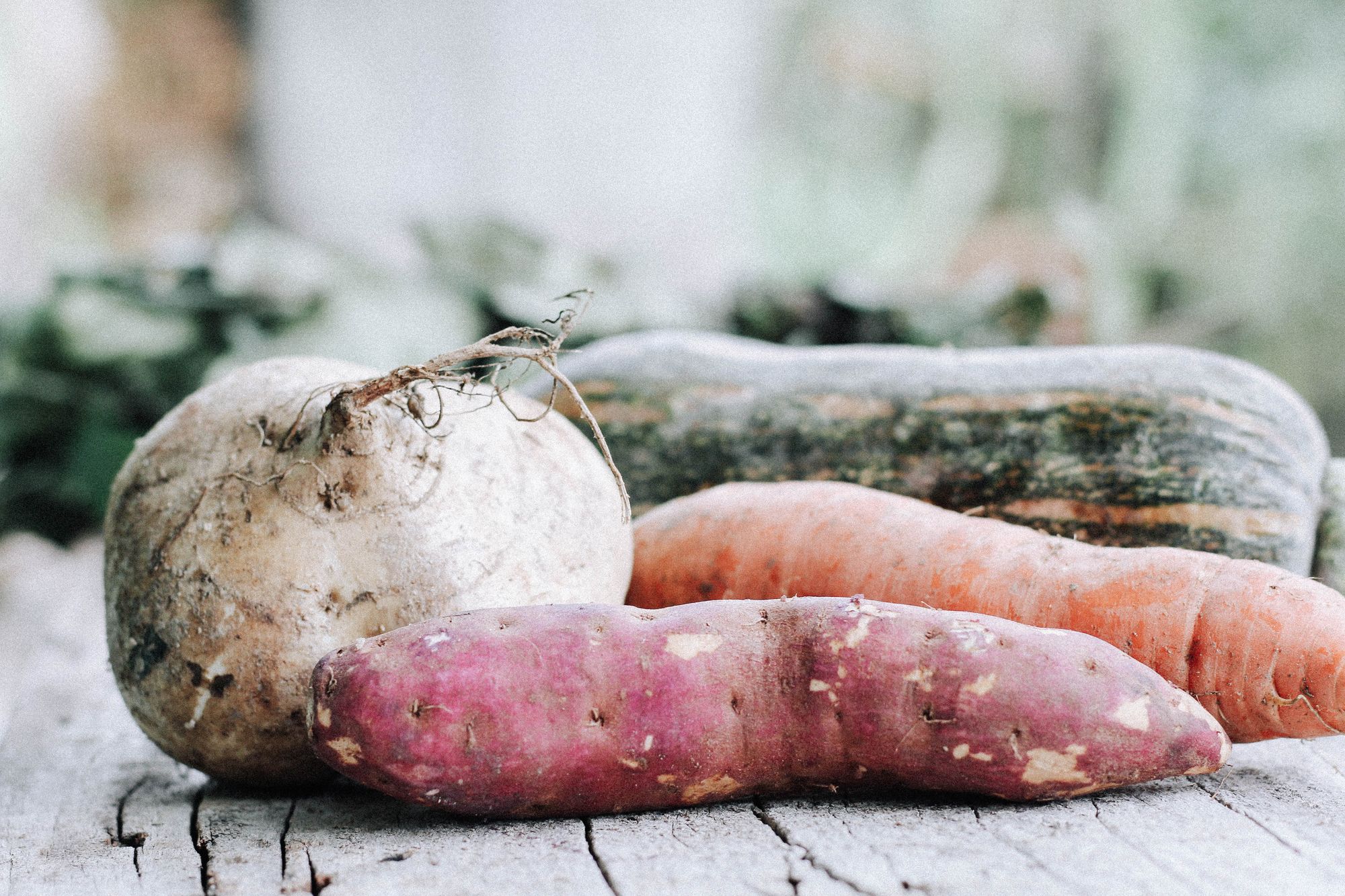
What Are The Benefits of Probiotics?
Probiotics can offer a variety of health benefits. They can help to reduce inflammation in the gut, which can lead to less stress and also protect against joint related issues. They help to regulate the immune system, which can help to prevent illnesses. Additionally, probiotics can help to improve digestion and absorption of nutrients from food, boost immunity, and even reduce anxiety and depression. Probiotics are found in a variety of fermented foods, including yogurt, sauerkraut, kimchi, and miso soup, some cheeses, pickles, and sourdough bread.
How Does Probiotic Bacteria Effect My Skin?
Did you know that your skin is teeming with microbes? Yep, just like in your gut microbiome. In fact, there are more microbes on your skin than there are cells in your body! These microbes make up the skin microbiome and play a vital role in keeping your skin healthy.
Good bacteria (like probiotics) helps to protect your skin from harmful viruses and fungi. They also produce vitamins and enzymes that help to keep your skin moisturized and free from inflammation (think of pimples or zits). In fact, without these helpful bacteria, your skin would be susceptible to all sorts of infections.
The most abundant type of microbe found on the skin is Propionibacterium. This bacterium helps to break down sebum, which keeps the skin from becoming too oily. Micrococci and Staphylococci are also common inhabitants of the skin microbiome. These bacteria help to create a skin barrier to protect it from harmful invaders and keep it hydrated.

Where Do Supplements Fit In?
As you can see, it's important to maintain healthy microbiome through supporting and encouraging the colonization of good bacteria. The 2 best and easiest ways to do this is through including the right kinds of foods in your diet, and through supplementing with quality probiotic supplements that also contain a prebiotic.
There are many different probiotic strains, and each offers different benefits. Some strains may help relieve diarrhea, while others may help boost the immune system. It's recommended that adults get a variety of strains in their daily diet with a minimum of 5 billion CFU's per serving if supplementing.
It's a good idea and generally recommended to add prebiotics and probiotics to your daily diet either through food or through supplements.
Final Thoughts
Key Takeaways
In conclusion, your gut is teeming with microorganisms that are part of what is known as the microbiome. The microbiome is made up of good and bad bacteria that decides a lot of what goes on inside of us. Probiotics are the good bacteria that help fight disease and keep your body and immune system healthy. Prebiotics are the source of food that probiotics need to do their job. It's important to maintain healthy bacteria by eating the right kind of foods and or supplementing with a probiotic supplement
